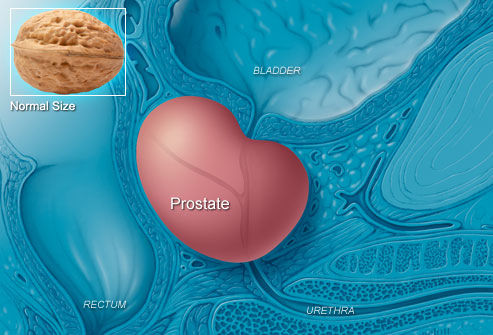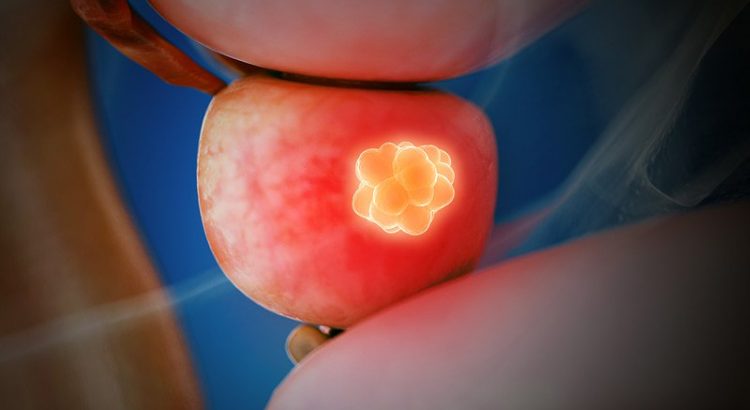Link between diet and prostate cancer
The journal “Science Translational Medicine” featured a new research, which showed that fatty acids could fuel prostate tumour growth. Blocking fatty acids have shown to slow the progression of the disease. The new research was headed by Renea Taylor, the deputy director of the Cancer Program at the Monash Biomedicine Discovery Institute in Clayton, Australia, and Prof. Matthew Watt, the head of the Physiology Department at the University of Melbourne, also in Australia.
They have mentioned in the paper that it remains difficult to prevent prostate cancer from reaching an aggressive stage. They set out to find out what fuels the tumour and how the metabolic some of prostate cancer differs from that of other cancers. The researchers started looking at fatty acids because they found out that there was a connection between diet, obesity and poor outcomes in the men who developed prostate cancer. So those who consumed more saturated fatty acids were seen to have more aggressive cancer.

How does blocking fatty acid help?
To find this out the researchers took human tissue samples from those with prostate cancer and grafted them into mice. It was found that CD 36, a fatty acid transporter, was mediating these metabolic changes. So the researchers deleted the gene, which was responsible for creating this transporter, and then check the facts in the rodents, which had prostate cancer. Removing this gene decreased the signalling lipids, which caused the tumour formation and also slowed down the progress of cancer.
Possible to begin treatment early
The research has shown evidence that blocking fatty acid transport is one way to slow down the progression of prostate cancer. With this, the possibility of being able to give more appropriate treatment in the early stage to stop men in getting to the advanced age increases.
